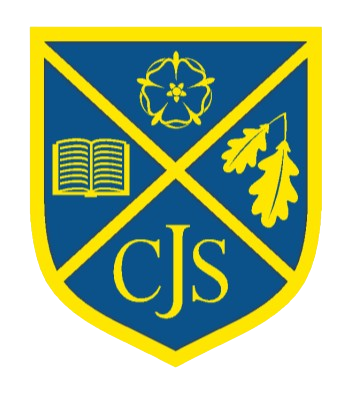The Graduated Approach
What Is the Graduated Approach?
The Graduated Approach is a cycle of support used in schools and early years settings to help children with special educational needs (SEN).
It’s a step-by-step process designed to ensure that children get the right level of help at the right time — graduated meaning the support becomes increasingly targeted and intensive if needed.
The Four Stages: “Assess – Plan – Do – Review”
The Graduated Approach follows a four-part cycle, often called the Assess, Plan, Do, Review (APDR) cycle.
1. Assess
- The teacher and SENCO (Special Educational Needs Coordinator) identify the child’s needs.
- This includes gathering information from parents, the pupil, and relevant specialists.
- The child’s progress and barriers to learning are reviewed.
2. Plan
- A support plan is developed — setting specific, measurable targets and deciding on appropriate interventions or strategies.
- Parents and the pupil should be involved in this planning.
3. Do
- The plan is put into action.
- The class teacher remains responsible for the child’s learning, even when additional support staff are involved.
- Interventions are delivered and monitored.
4. Review
- Progress is regularly reviewed (often termly).
- Adjustments are made to the support plan based on outcomes — leading to a new cycle of Assess–Plan–Do–Review.
This cyclical nature ensures continuous improvement and early identification of what works best for the pupil.
Closely linked to the Graduated Approach are the Three Waves of SEN Support:
Wave 1 - High-qulaity teaching for all (Ordinarily Available Provision
Wave 2 - Targeted, small-group support
Wave 3 - Highly individualised support (SEN Support/EHCP/External services)
For examples of each of these Waves of Support at Clanfield Junior, click on the links below:
